Tony McGuire
Guest Reporter
The Chancellor’s Spring Statement on public finances has sparked a chain reaction of increasingly complex questions around how Labour’s welfare cuts will affect Scotland, midway through the devolution of disability benefits to Holyrood.
Of the £5billion in welfare cuts Rachel Reeves announced on Wednesday, few of the affected benefits will directly impact Scotland, but the Scottish Government will be expected to consider proportional savings to reflect a reduction in the devolved Westminster grant.
By the end of 2025, all Scottish recipients of the Personal Independence Payment (PIP) will be transitioned to the new Adult Disability Payment (ADP), along with changes to the Attendance Allowance and Disability Living Allowance.
The UK Work and Pensions Secretary Liz Kendall’s plan to reform the welfare system may not directly impact Scottish claimants, but sweeping cuts in Westminster will inevitably be felt in a reduced devolution block grant.
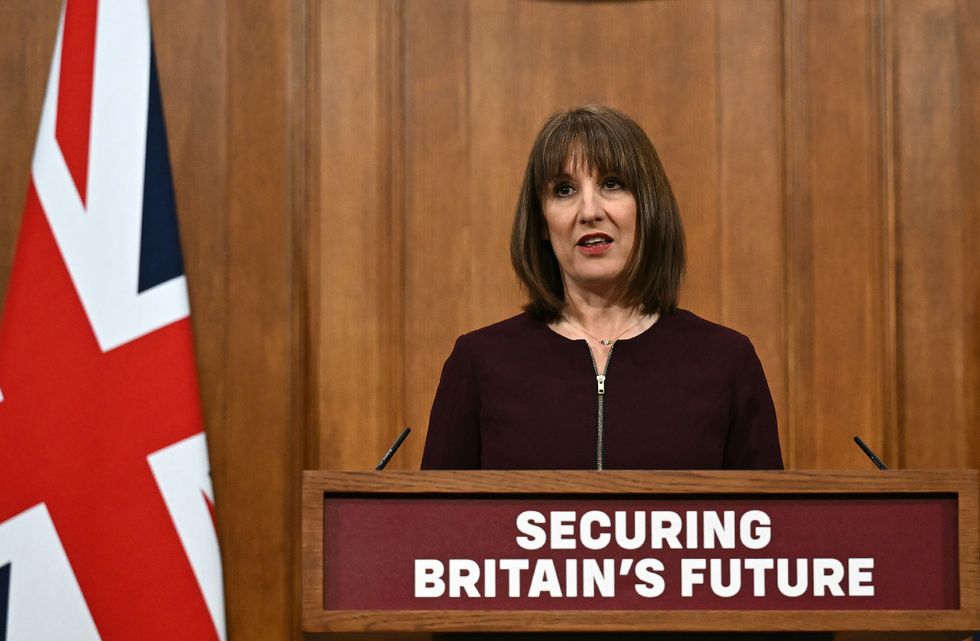
The last 18 years of progressive SNP Governments have pushed hard to break down poverty in communities across Scotland, but the magnitude of Liz Kendall’s incoming welfare reforms can’t be ignored by the Scottish Government.
In response to cuts by the Department of Work and Pensions, a proportionate reduction will be made to the devolution grant, meaning Scottish ministers will have to choose between introducing a similar wave of welfare cuts or plugging the funding gap by raising taxes elsewhere.
In what’s being touted as the largest welfare reforms in a generation, Labour plans to completely overhaul the benefits system, incentivise the capable to get back to work and set the bar higher for new benefit claimants and claim reviews.
Those with the most severe conditions will no longer have to go through regular reviews.
LATEST DEVELOPMENTS:
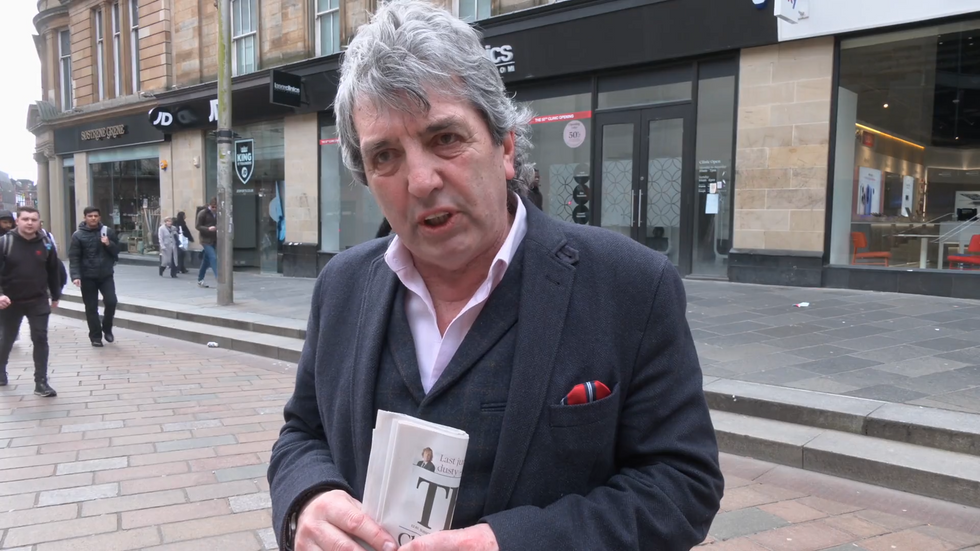
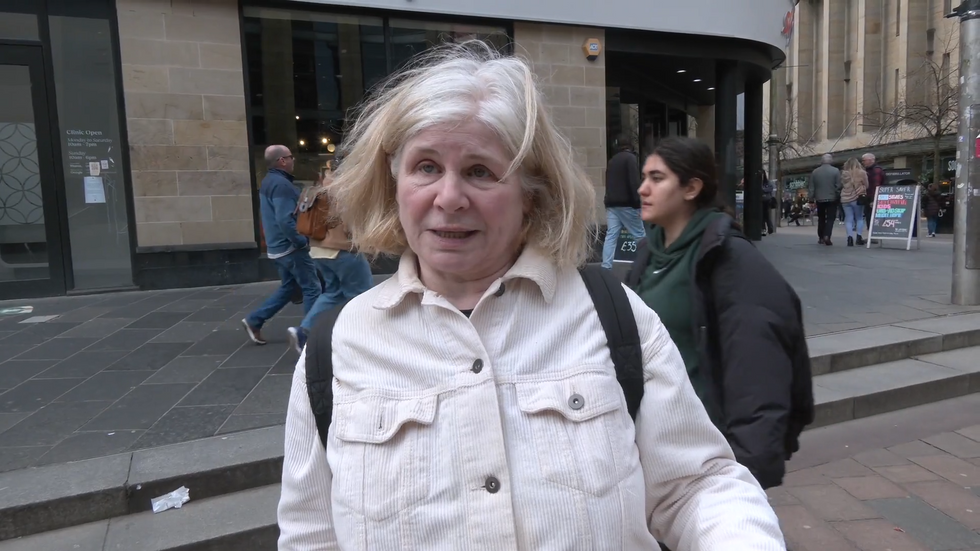
Liz Kendall has bundled Universal Credit together with disability benefits into a single system, scrapping the work capability assessment in favour of the PIP system for testing, which will inevitably raise the bar of eligibility for new and existing claimants.
The Scottish Government says it sought to provide greater dignity for claimants applying for the new Adult Disability Payment, unlike the anecdotally intrusive assessments employed by the Department of Work and Pensions.
However, Universal Credit - affecting those who can not work - remains reserved to Westminster and so the Scottish Government will need to wait and see how changes to that benefit affect the overall welfare budget passed on in the block grant.
As in England and Wales, Scots face the same frozen Universal Credit payment, providing less real-terms assistance year-to-year as prices rise.
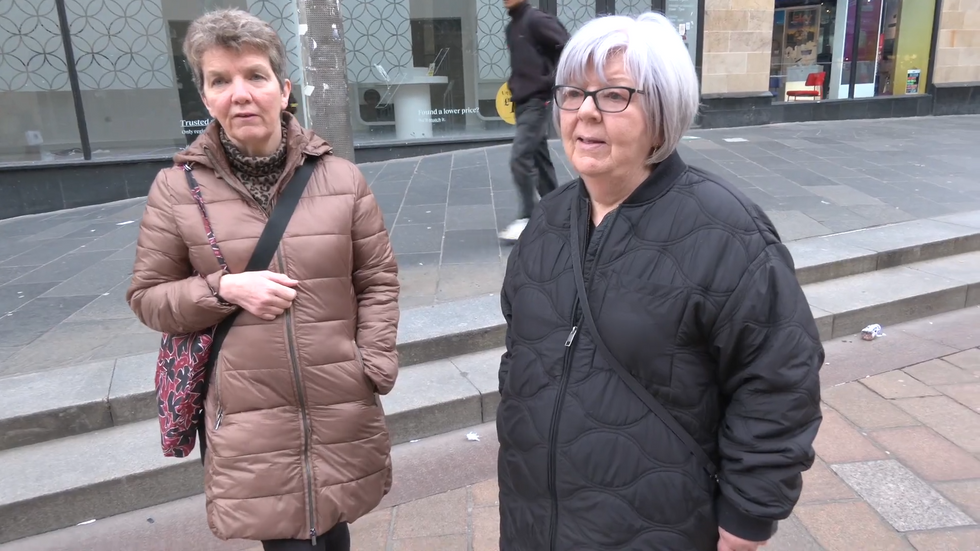
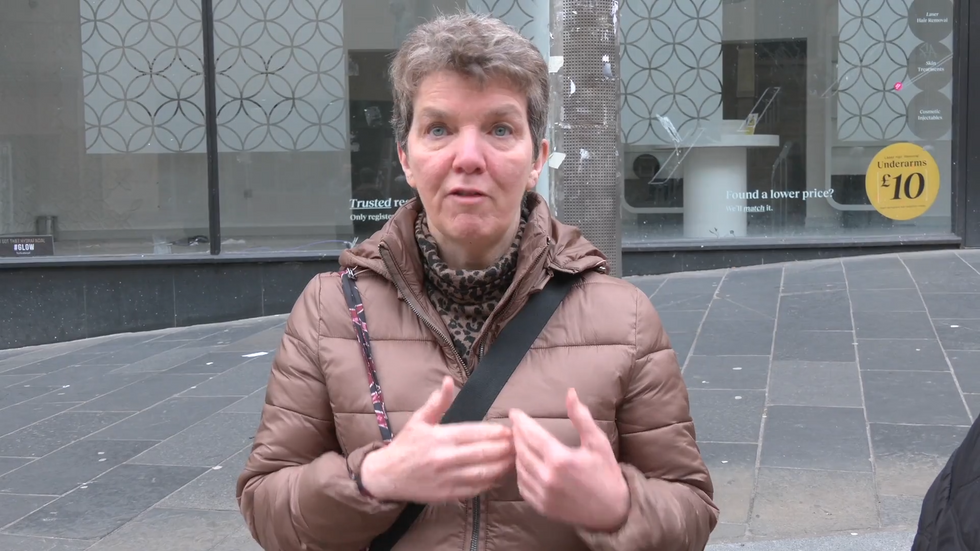
The payment will be nearly halved for new claimants - from £97 to £50 - as the Chancellor attempts to plug an additional £14billion hole in public finances.
Addressing parliament, Rachel Reeves said: “We are reforming our welfare system making it more sustainable, protecting the most vulnerable and supporting more people back into work.”
Excluding Universal Credit claimants, around 14 per cent of Scotland’s working-age population is in receipt of either PIP, ADP or DLA, according to the Fraser of Allander Institute at Strathclyde University.
By Comparison, only 9 per cent are in receipt of PIP in England and Wales.
Researchers note that instead of reflecting a country in poor health, Scottish statistics show that only around 2 per cent of ADP recipients are taken off their benefit following a review, compared to 16 per cent by the Department of Work and Pensions south of the border.
Neither PIP or ADP benefits are means tested, allowing many to work with additional financial support but many may still find themselves no longer eligible to receive financial support from the state in the Government’s drive to cut welfare costs.
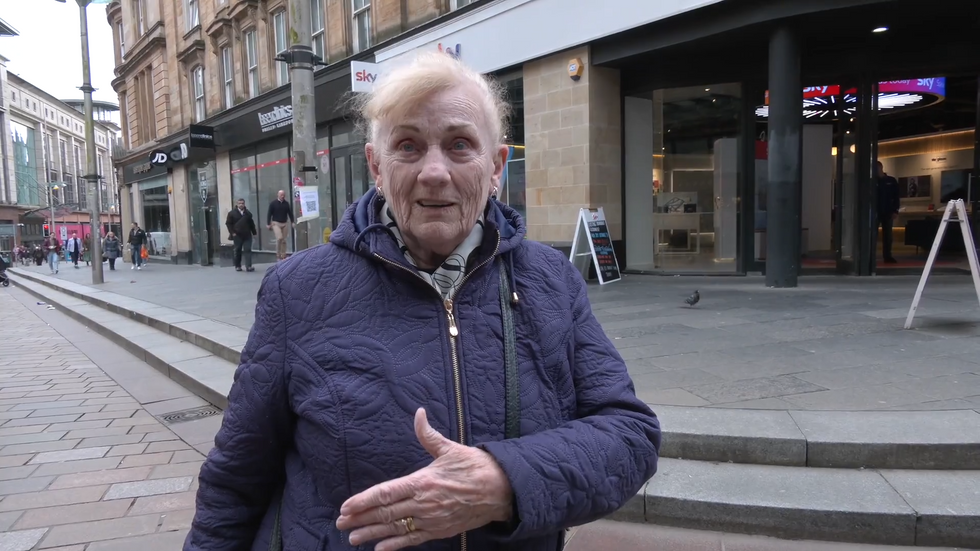
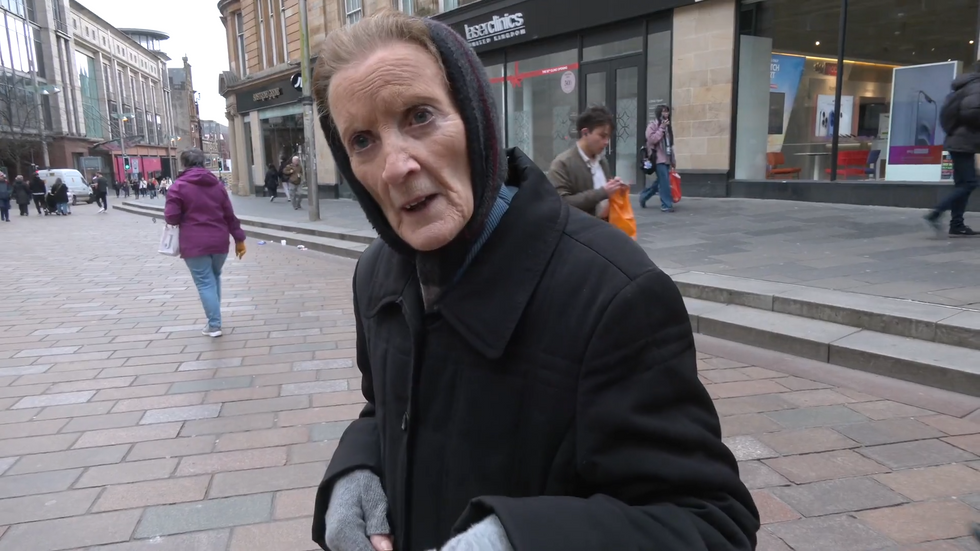
The Chancellor stated plainly that her Government’s chief concerns lie in the increase in applications and the sheer number of “economically inactive” people not working due to long-term illness.
She said: “The responsible choice is to reduce our levels of debt and borrowing in the years ahead so we can spend more on the priorities of working people.
“I said that our fiscal rules were non-negotiable and I meant it. I will always deliver economic stability and I will always put working people first. I said it at the election, I said it at the budget and I say it again today.”
Residents in Glasgow are disappointed that the most vulnerable in society are now paying the price.
One man said: “Those cuts are bound to have an impact in Scotland, there’s no doubt about it, and I can understand the increase in defence because of what’s going on in the world.
“But equally,” he went on, “the Labour Government are really taking the wrong path when they’re cutting the poorest.
“This is austerity on steroids.”
Find Out More...
Of the £5billion in welfare cuts Rachel Reeves announced on Wednesday, few of the affected benefits will directly impact Scotland, but the Scottish Government will be expected to consider proportional savings to reflect a reduction in the devolved Westminster grant.
By the end of 2025, all Scottish recipients of the Personal Independence Payment (PIP) will be transitioned to the new Adult Disability Payment (ADP), along with changes to the Attendance Allowance and Disability Living Allowance.
The UK Work and Pensions Secretary Liz Kendall’s plan to reform the welfare system may not directly impact Scottish claimants, but sweeping cuts in Westminster will inevitably be felt in a reduced devolution block grant.

The last 18 years of progressive SNP Governments have pushed hard to break down poverty in communities across Scotland, but the magnitude of Liz Kendall’s incoming welfare reforms can’t be ignored by the Scottish Government.
In response to cuts by the Department of Work and Pensions, a proportionate reduction will be made to the devolution grant, meaning Scottish ministers will have to choose between introducing a similar wave of welfare cuts or plugging the funding gap by raising taxes elsewhere.
In what’s being touted as the largest welfare reforms in a generation, Labour plans to completely overhaul the benefits system, incentivise the capable to get back to work and set the bar higher for new benefit claimants and claim reviews.
Those with the most severe conditions will no longer have to go through regular reviews.
LATEST DEVELOPMENTS:
- 'Do I tell my constituents they’re getting poorer?!' Nigel Farage demands answers from Rachel Reeves
- Rachel Reeves refuses to rule out Budget tax raid after slashing spending in Spring Statement
- Rachel Reeves goes quiet on tax as workers face onslaught in April and again in October


Liz Kendall has bundled Universal Credit together with disability benefits into a single system, scrapping the work capability assessment in favour of the PIP system for testing, which will inevitably raise the bar of eligibility for new and existing claimants.
The Scottish Government says it sought to provide greater dignity for claimants applying for the new Adult Disability Payment, unlike the anecdotally intrusive assessments employed by the Department of Work and Pensions.
However, Universal Credit - affecting those who can not work - remains reserved to Westminster and so the Scottish Government will need to wait and see how changes to that benefit affect the overall welfare budget passed on in the block grant.
As in England and Wales, Scots face the same frozen Universal Credit payment, providing less real-terms assistance year-to-year as prices rise.


The payment will be nearly halved for new claimants - from £97 to £50 - as the Chancellor attempts to plug an additional £14billion hole in public finances.
Addressing parliament, Rachel Reeves said: “We are reforming our welfare system making it more sustainable, protecting the most vulnerable and supporting more people back into work.”
Excluding Universal Credit claimants, around 14 per cent of Scotland’s working-age population is in receipt of either PIP, ADP or DLA, according to the Fraser of Allander Institute at Strathclyde University.
By Comparison, only 9 per cent are in receipt of PIP in England and Wales.
Researchers note that instead of reflecting a country in poor health, Scottish statistics show that only around 2 per cent of ADP recipients are taken off their benefit following a review, compared to 16 per cent by the Department of Work and Pensions south of the border.
Neither PIP or ADP benefits are means tested, allowing many to work with additional financial support but many may still find themselves no longer eligible to receive financial support from the state in the Government’s drive to cut welfare costs.


The Chancellor stated plainly that her Government’s chief concerns lie in the increase in applications and the sheer number of “economically inactive” people not working due to long-term illness.
She said: “The responsible choice is to reduce our levels of debt and borrowing in the years ahead so we can spend more on the priorities of working people.
“I said that our fiscal rules were non-negotiable and I meant it. I will always deliver economic stability and I will always put working people first. I said it at the election, I said it at the budget and I say it again today.”
Residents in Glasgow are disappointed that the most vulnerable in society are now paying the price.
One man said: “Those cuts are bound to have an impact in Scotland, there’s no doubt about it, and I can understand the increase in defence because of what’s going on in the world.
“But equally,” he went on, “the Labour Government are really taking the wrong path when they’re cutting the poorest.
“This is austerity on steroids.”
Find Out More...
